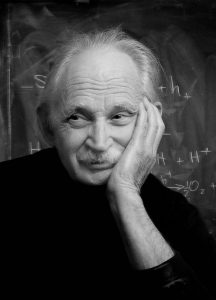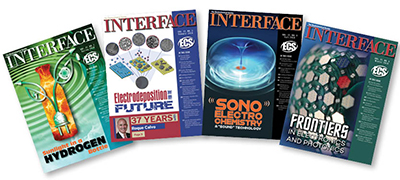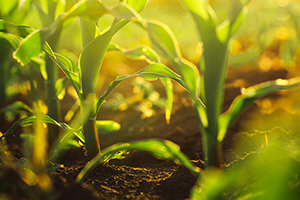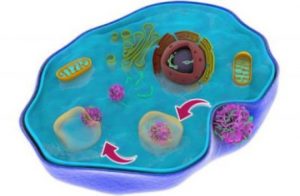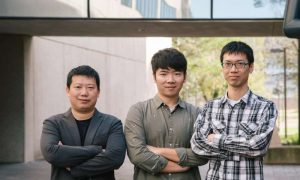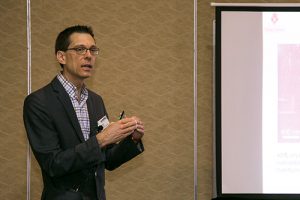Allen J. Bard, regarded as the “father of modern electrochemistry,” was recently announced the winner of the 2019 King Faisal International Prize in Science. According to UT NEWS, the University of Texas at Austin professor of chemistry received $200,000 and a gold medal from the King Faisal Foundation, as a result of the big win.
Bard, an ECS member for over 50 years, is a big believer in chemistry—the chemistry found among people.
“There’s a chemistry that can develop in a group, and that chemistry can lead to very good science,” says Bard.
So it’s no surprise that his team player mentality has indeed led him to “very good science,” so good it earned him the international award, given to only those who have made outstanding contributions in physics, chemistry, biology, or mathematics through original scientific research that brings major benefits to humanity.


